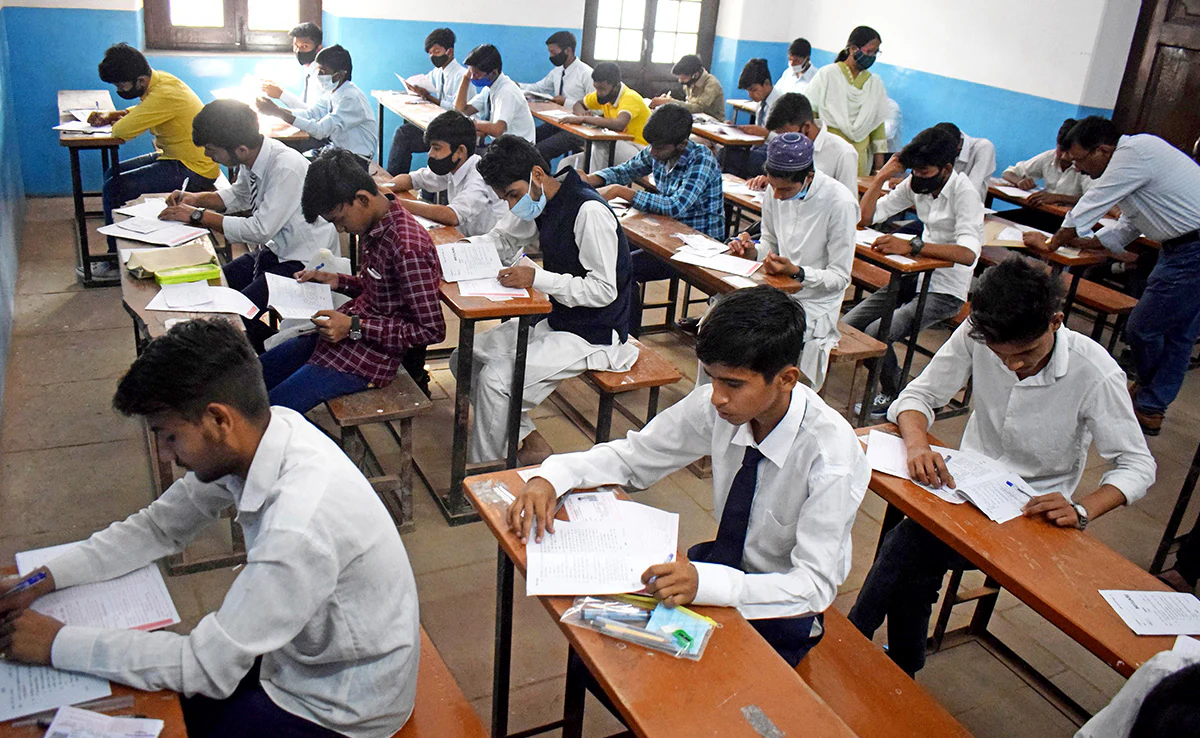Introduction:
The Central Board of Secondary Education (CBSE) is one of the most prominent educational boards in India, and its exams are eagerly awaited and often cause a great deal of stress for students. Preparing for CBSE exams in February requires careful planning, dedication, and effective study strategies. In this comprehensive guide, we will discuss various aspects of preparation to help students excel in their CBSE exams.
1. Understand the Syllabus:
The first step in preparing for any examination is to have a clear understanding of the syllabus. CBSE provides detailed syllabus documents for each subject on its official website. Students should go through these documents thoroughly, noting down topics, chapters, and weightage assigned to each section. This understanding will help in creating a study plan.
2. Create a Study Plan:
Once you are familiar with the syllabus, it’s time to create a study plan. A well-structured study plan should include a timetable that allocates time for each subject and topic. Prioritize difficult subjects or topics that require more attention. Make sure to allocate time for revision and practice tests as well.
3. Study Materials:
Gathering the right study materials is crucial for effective preparation. Textbooks prescribed by CBSE, class notes, and reference books can be valuable resources. Additionally, there are numerous online platforms and apps that provide study materials, sample papers, and video lectures for CBSE students. Utilize these resources to supplement your learning.
4. Time Management:
Time management is a critical aspect of preparing for CBSE exams in February. Allocate specific time slots for studying, breaks, and relaxation. Avoid procrastination and stick to your study schedule. Effective time management ensures that you cover the entire syllabus and have enough time for revision.
5. Practice Previous Year Papers:
One of the most effective ways to prepare for CBSE exams is to practice previous year question papers. This gives you an idea of the exam pattern, types of questions asked, and the level of difficulty. It also helps you manage your time during the actual exam. Make it a point to solve as many previous year papers as possible.
6. Take Mock Tests:
Taking mock tests is essential for evaluating your preparation. Many coaching institutes and online platforms offer mock tests that simulate the actual exam conditions. Attempting these tests will help you identify your strengths and weaknesses, enabling you to focus on areas that need improvement.
7. Healthy Lifestyle:
A healthy body and mind are prerequisites for effective study. Ensure you get enough sleep, eat balanced meals, and exercise regularly. Avoid excessive stress and anxiety by practicing relaxation techniques such as meditation and deep breathing exercises. A healthy lifestyle contributes significantly to better concentration and memory retention.
8. Seek Guidance:
Don’t hesitate to seek help from teachers, mentors, or peers if you encounter difficulties in understanding certain topics. Collaborative study groups can be beneficial for discussing doubts and clarifying concepts. Asking questions and seeking guidance can make a significant difference in your understanding of the subjects.
9. Stay Positive:
Maintaining a positive mindset is crucial during the preparation period. It’s natural to face challenges and setbacks, but a positive attitude can help you overcome them. Remind yourself of your goals and stay motivated throughout the preparation phase.
10. Revision:
Revision is the key to retention. Allocate sufficient time for revision in your study plan. Create concise notes or flashcards for quick revision. Revisiting previously studied topics ensures that you remember the concepts during the exam.
Conclusion:
Preparing for CBSE exams in February is a challenging yet rewarding journey. With careful planning, dedication, and effective study strategies, students can excel in their exams. Understanding the syllabus, creating a study plan, utilizing study materials, managing time, practicing previous papers, taking mock tests, maintaining a healthy lifestyle, seeking guidance, staying positive, and focusing on revision are the essential elements of successful preparation. Remember, consistent effort and a positive attitude will go a long way in achieving your desired results. Good luck!

Leave a Reply